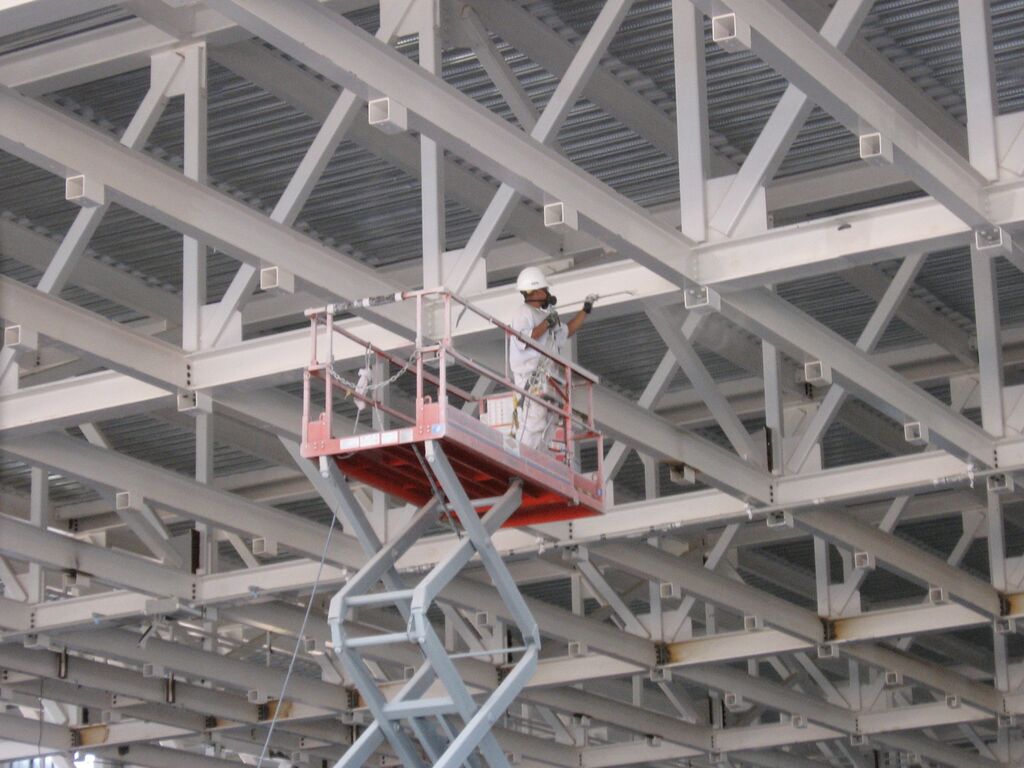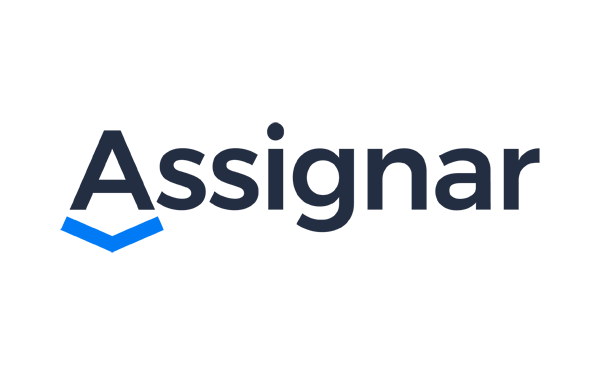Every painter needs a canvas. Penington Painting Company (PPC) has many canvases. As specialty contractors, they’ve covered the country with over 850,000 gallons of paint (and floor coatings) since 2004.
The PPC team adopted Assignar just under a year ago—the platform has since transformed how they collect and share data.
Key Takeaways
- Sharpened bidding on future projects
- Gained real-time insights to make quick changes
- Streamlined data collection in the field
When Broad strokes don’t work
Working across multiple states with a team of 250+, the PPC team had a paperwork problem. Before Assignar, the PPC team used paper for everything, including:
- Safety documentation
- Inspection reports for rental equipment
- Production tracking
- Quality control forms
- Time cards (at first)
For PPC, documentation is critical. Since they couldn’t prove which coatings were applied correctly after the fact, they had to document everything as they worked—which led to mountains of paperwork for their team. That’s why Project Manager Taylor Bischoff was tasked with finding a streamlined, faster solution for the field.
Bischoff admitted that their team struggled with identifying a tech solution that was simple enough for fieldworkers from all backgrounds who were taught to work with their hands (and not technology).
“Paperwork is really daunting for them. So we wanted to see how in the world can we make this more streamlined for them, so it’s not so scary and intimidating, but we still get the important data that we need as a company,” Bischoff said.
In their search for an operations platform, they came across an Assignar competitor. While vetting them, they reached out to a reference, but by that time, the reference company had switched to Assignar—and they told PPC to do the same.
Getting the details right
Since Penington Painting Company began working with Assignar in June of 2022, they’ve molded it to their people and workflows.
Making tech work for non-tech teams
Bischoff and the team didn’t want to add more stress to their field teams, so they spent two months aligning the software to fit their needs.
“I did not want to bring anything into the field until the office nearly perfected it, just to make sure we could minimize any bugs and glitches in anything once we rolled it out,” Bischoff said.
They spent the time importing data, aligning the software with their workflows, and ensuring everything ran smoothly. Bischoff tested their Assignar setup with pretend jobs and pretend timecards and worked through multiple projects until she worked out all the kinks.
“Our Assignar rep has been absolutely phenomenal through the whole thing. Anytime we had questions, concerns, or ‘How do we do this, this isn’t working?’ it was addressed within a day,” Bischoff said.
Once it was perfected in the office, Bischoff and the admin team trained one foreman at a time. Once they were 100% comfortable with it, PPC rolled it out to the rest of their Arizona teams. The bigger and more long-distance projects came slightly later, with the team rollout taking another two months.
“Even [the foremen] that might be more technologically challenged, if you will, still grasped it pretty quickly and have been really successful with it,” Bischoff said.
Making Assignar work for PPC
Bischoff and the PPC team took Assignar’s sketches and turned them into their own masterpieces.
Since the supervisors are responsible for the crews’ timesheets, they use the site diary function and enter work codes and earn codes (regular time, overtime, breaks, etc.).
“While there have been adjustments to make Assignar fit our needs better, all of the adjustments have been very easy to make. And we’ve been able to do it on our own,” Bischoff said. “We have so much control over how the software functions for us.”
They can also keep everything organized by jobs, keeping operations streamlined and updates easily accessible in one place. From inspection to production forms, it’s immediately accessible without a trip into the office.
“We were really taken aback by how involved Assignar was with their customers and how dedicated they were to continuing to improve their software.” —Taylor Bischoff, Project Manager
Real-time data to inform long-term success
With Assignar, PPC has removed the heavy paperwork burden on their team—without losing any of the data. Now they have more data than ever.
PPC has data down to the square footage, the scope and the hour. The information they gather today will help inform future bids for years to come.
Tracking hours against completion—and sending it instantly to management—allows them to see what’s working and make quick, profit-saving adjustments.
All the paperwork supervisors and fieldworkers had to keep track of is now easily accessible from anywhere in Assignar.
One significant improvement to PPC’s daily workload has been its use of “turnover reports.” While all their site information used to be kept in daily logs, they felt hindered knowing that information would go to the customer. They couldn’t speak frankly, and there was no easy way to keep track of daily issues, ask questions, etc.
Once they started using Assignar, Bischoff compiled turnover reports with all the information from the daily logs—and everything else they needed to track at the end of each shift—and sent it to management. Bischoff says it’s helped them stay up-to-date in real time.
“We know where we’re winning, where we aren’t winning and where we can improve,” Bischoff said.
“We are heavily relying on Assignar to keep all of our paperwork organized, track our production data, and keep our time cards more streamlined. It's been a really vital resource.” —Taylor Bischoff, Project Manager
What makes Assignar rise above the rest?
While Bischoff’s goal was to find a software platform that streamlined the paperwork for PPC’s field teams, they found so much more.
One of her favorite things about working with Assignar? A willingness to improve.
“It’s continuously improving,” she said. “And that right there, I think, is what makes it such a valuable relationship.”


